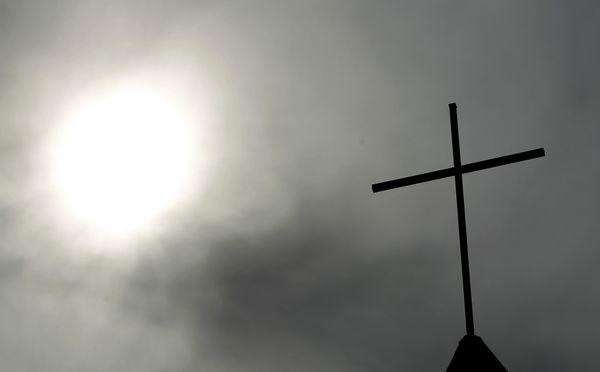|
I’m a survivor of clergy sexual abuse. Here’s what N.J. should do to protect victims
By Mark Crawford
For more than 20 years the local chapter of SNAP, the Survivors Network of those Abused by Priests, has called on the five New Jersey Catholic bishops to release the names, assignment histories and what church officials knew about all known credibly accused clergy who molested children. Years of silence was their only response. Last summer we learned that New Jersey’s Archbishop Theodore McCarrick had not only sexually abused seminarians and fellow priests under his authority, he abused children as well. The abuse of the subordinate seminarians and clergy was a fact well known to church bishops and officials as he was promoted on up the ladder, becoming one of the most influential cardinals of the Catholic Church. Last August, the release of a Pennsylvania grand jury report revealed allegations that more than 300 priests had abused more than 1,000 children in six of the eight Catholic dioceses in that state. The report revealed in horrific detail the systemic abuse of children and church officials’ efforts to cover up such crimes to protect the institution as they abandoned the concerns of the abused. Such revelations angered Catholics and non-Catholics alike, finally motivating civil law enforcement officials across the country to launch their own investigations. As of last summer, attorneys general in 15 states had launched statewide investigations, with many more likely to follow. A recent analysis found more than 50 local, state and federal investigations of clergy sexual abuse have begun. Since 2002, 80 percent of our states have revised or eliminated their statute of limitations for sexual abuse — not so in New Jersey. As such measures have been and continue to be aggressively opposed by the Catholic Church and it’s Catholic Conference. Bill S477 — introduced by Sen. Joseph Vitale, D-Middlesex — has languished for years as pressure from church lawyers and lobbyists have kept lawmakers from moving the measure. That has now all changed as the bill that would modify this state’s statute of limitations for the sexual abuse of children now has broad bipartisan support and will easily pass in both the New Jersey Senate and the Assembly. Faced with the prospect of investigations, the possibility of criminal charges, and the movement to revise statute of limitations laws, only now are New Jersey ’s bishops and cardinal motivated to act. Here in New Jersey, Cardinal Joseph Tobin has promised that all five Catholic dioceses will release a list of those the church deemed to be credible or have been publicly exposed for child sexual abuse and also announced the launching of a compensation plan by all five dioceses for some victims. Such belated efforts are wholly self-serving, attempting to appear contrite, remorseful and transparent. The fact is such actions can hardly be considered “transparent.” Although there may be some victims who wish to avail themselves of such an offer, they should know that if you been victimized by a member of a religious order, your abuse will not be considered for review under the bishops’ compensation plan. Child sexual abuse by religious order clergy generally accounts for approximately one-third of abuse allegations in any given diocese. Church officials have told us they are excluded. Further, victims will not be told if other allegations were previously made against their perpetrator, what church officials knew, when they knew it and the identity of your perpetrator may remain secret. Last, it does not apply to anyone abused by a coach, counselor, teacher, scoutmaster, family member or anyone outside of those abused by diocesan clergy. Many are left without recourse. It has become crystal clear, only actions taken by civil authorities and lawmakers have prompted church officials to release some of what they have kept hidden for years. The sexual abuses by McCarrick known by church officials but not the faithful are among countless examples. Just weeks ago the Illinois attorney general revealed the fact her investigation found that the five dioceses of Illinois failed to report 500 clergy with abuse allegations, more than the initial 185 clerics the bishops had originally reported to civil authorities. More recently, we learned Vatican documents confirmed that Cardinal Donald Wuerl, who repeatedly told us last summer he was unaware of McCarrick’s abuses, knew about and reported McCarrick’s abuses to the papal ambassador to the U.S. in 2004. New Jersey lawmakers and civil authorities must act to instill accountability and consequences for all institutions. Compensation plans or partial listings of known abusers must not be a substitute for New Jersey laws that will protect and restore justice to all victims of sexual abuse. Our state lawmakers must enact statute of limitations reform now. Thorough civil investigations of complicit bishops and church officials must continue and their findings must be published if we are to have a true accounting. These bishops have had years to root out those clerics who abused children and reveal the whole truth of what they knew; instead they chose to protect predators and the institutional church. No longer must we allow any institution to harbor, conceal or protect sexual predators, for our children cannot be fodder for some greater good. Time’s up!
|
.
Any original material on these pages is copyright © BishopAccountability.org 2004. Reproduce freely with attribution.
